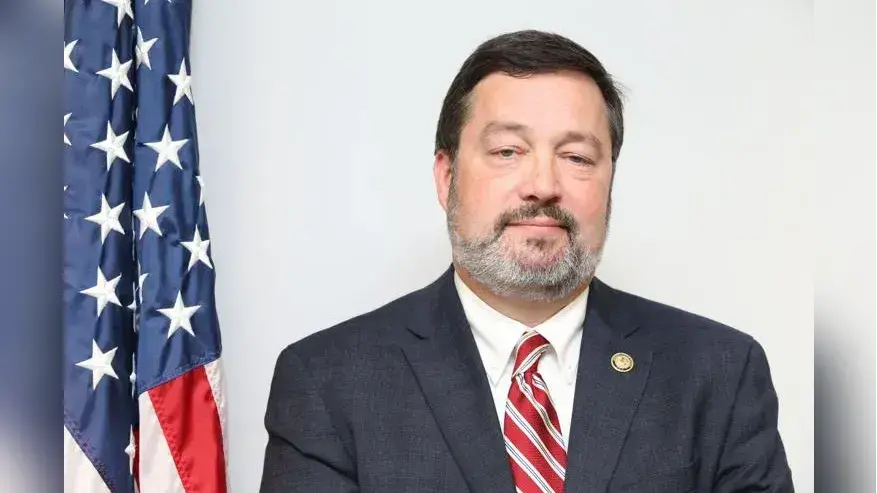Montreal Hudson of Olive Branch, Mississippi, has been sentenced to over five years in prison for his involvement in a Paycheck Protection Program (PPP) fraud scheme. U.S. District Court Judge Michael P. Mills handed down the 70-month sentence, which will be followed by five years of supervised release. Hudson was also ordered to pay $3,526,517 in restitution.
The PPP was designed as a relief measure during the COVID-19 pandemic to assist small businesses affected by economic challenges. According to court documents, Montreal Hudson, along with Zipora Hudson and Deandre Jones, used Zippy Bee, LLC—a tax preparation business—to file fraudulent PPP loan applications on behalf of ineligible borrowers. The group fabricated Schedule C tax documents to inflate or invent income figures for businesses that either did not exist or had lower actual incomes. These fraudulent activities allowed them to secure loans ranging from $19,000 to $20,833 per application. In return for their services, they demanded kickbacks from the loan proceeds and used the funds for personal luxuries such as vehicles and real estate.
U.S. Attorney Clay Joyner and Assistant Special Agent Lisa Fontanette from the IRS Criminal Investigation Atlanta Field Office announced the sentencing. Montreal Hudson's conviction followed a January jury trial where he was found guilty alongside Zipora Hudson. She received a five-year prison sentence earlier this year with an equivalent period of supervised release following her incarceration. Deandre Jones had previously pleaded guilty in connection with the case.
The investigation into this scheme began as a civil inquiry and was led by the IRS Criminal Investigation Division and investigators from the U.S. Attorney’s Office. Assistant U.S. Attorneys Scott Leary and Sam Wright prosecuted the case.
In response to pandemic-related frauds like this one, the Attorney General established the COVID-19 Fraud Enforcement Task Force on May 17, 2021. This task force aims to enhance efforts against domestic and international fraud actors by coordinating resources across government agencies.
For more information about combating pandemic-related fraud or to report suspected fraud attempts involving COVID-19 relief programs, individuals can contact the Department of Justice's National Center for Disaster Fraud Hotline or use their web complaint form.





